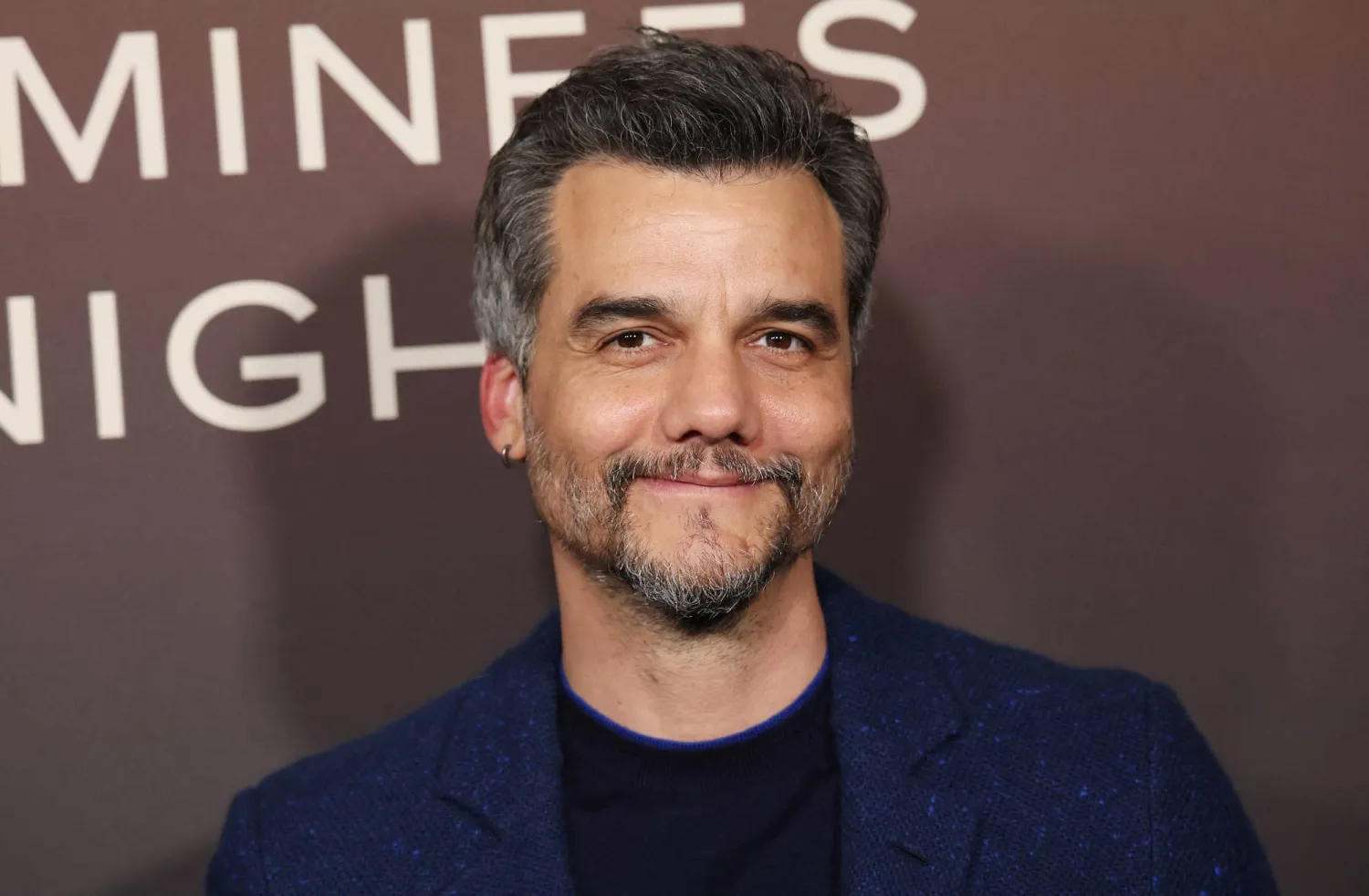Harrison Birtwistle, the creator of daringly experimental modern music who was recognized as one of Britain’s greatest contemporary composers, has died at 87.
Birtwistle’s publisher, Boosey & Hawkes, said he died Monday at his home in Mere, southwest England. No cause of death was given.
Birtwistle’s compositions, which ranged from chamber pieces to large-scale opera, were given prominent performances in venues including the Royal Opera House, the English National Opera, the Deutsche Staatsoper in Berlin, the BBC Proms in London and the Chicago Symphony Orchestra.
His unapologetically challenging work sometimes tried the patience of listeners, but the composer was unperturbed.
"The question of accessibility,” Birtwistle once said, "is not my problem.”
"I have an idea. I express it as clearly as I can. Criticism is someone else’s problem,” he added.
Martyn Brabbins, music director of the English National Opera, said Birtwistle "was a much-loved collaborator and mentor whose work has inspired generations of musicians.”
The Royal Philharmonic Society said on Twitter that he was "a true musical colossus” whose music "shook the earth.”
Short on conventional harmony and heavy on complex rhythms, Birtwistle’s music was often described as having an abrasive quality. In 1995, his piece "Panic” had a high-profile premiere on live television as part of the hugely popular "Last Night of the Proms” concert.
The BBC was inundated with complaints. "Was somebody strangling a cat?” one viewer asked.
It wasn’t only ordinary musical audiences who winced at his work. Benjamin Britten, among Britain’s greatest 20th-century composers, reportedly left at the intermission of the 1968 premiere of Birtwistle’s chamber opera "Punch and Judy” at Britten’s own Aldeburgh Festival.
Birtwistle said audiences often had trouble with dissonance because it was unfamiliar.
"It’s to do with memory in music,” he told The Sunday Times newspaper in 2019. "For instance, if you have a Picasso, it can sit on the wall and become part of your memory, even if you only subliminally see it. In music, time is really ephemeral. Modern music is not heard for long enough for it to become familiar. You’re not getting anywhere near being familiar with it.”
Born in Accrington in northwest England on July 15, 1934, Birtwistle studied clarinet and composition at the Royal Manchester College of Music, where his contemporaries included composer Peter Maxwell Davies and the late pianist John Ogdon. In 1965, Birtwistle sold his clarinets and devoted all his time to composition.
His works include "The Mask of Orpheus,” staged by the English National Opera in 1986; "Exody,” which the Chicago Symphony Orchestra premiered under Daniel Barenboim in 1998; "Gawain,” which premiered in 1991 at the Royal Opera House; and "The Minotaur,” which debuted in the same venue in 2008.
Press Association, the British news agency, said "Gawain” was "avant garde and has no trace of a tune.” But Rodney Milnes, editor of "Opera” magazine, said the opera "gripped the imagination pretty remorselessly.”
Reviewing "The Minotaur,” critic Anna Picard wrote in The Independent: "Long on ugliness, short of redemptive beauty, rich with the rough, pungent poetry of David Harsent’s libretto, Birtwistle’s score is as violent as its subject.”
But in the Evening Standard, Fiona Maddocks described it as "music of coruscating, storming beauty.”
The music flowed from a unique perspective.
"I dream in the abstract - can you imagine that?” he told the BBC in 2002. "Can you imagine sort of cogs, wooden cogs that are meant to fit, but don’t. And then you try to put them in another way and they don’t, and it’s like sort of difficult to describe, but it’s a sort of abstraction.”
In 1987, Birtwistle won the $150,000 Grawemeyer Award for Composition from the University of Louisville in the United States for his opera "The Mask of Orpheus.” He was made a Chevalier de l’Ordre des Arts et des Lettres by France in 1986, was knighted by Queen Elizabeth II in 1988 and was elevated in 2001 to a Companion of Honor, a British distinction limited to 65 living people.
Birtwistle, the subject of so much criticism, memorably dished it out to pop musicians in 2006 when he accepted an Ivor Novello award.
"Why is your music so (expletive) loud?” he said. "You must all be brain dead. Maybe you are. I didn’t know so many cliches existed until the last half-hour. Have fun. Goodbye.”
Birtwistle’s wife Sheila died in 2012. He is survived by their three sons.









